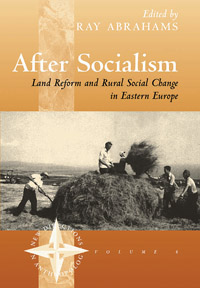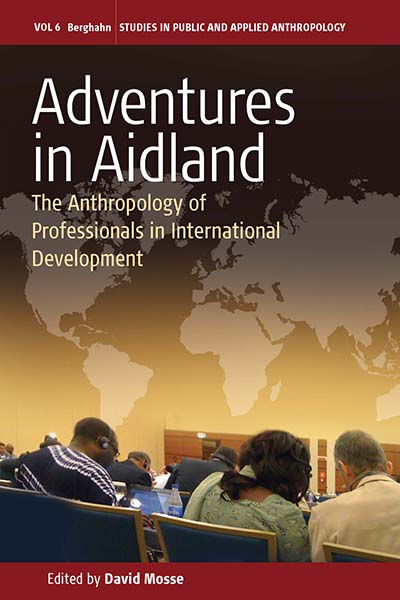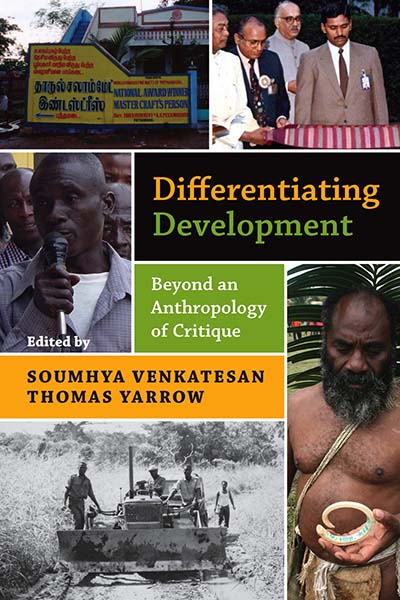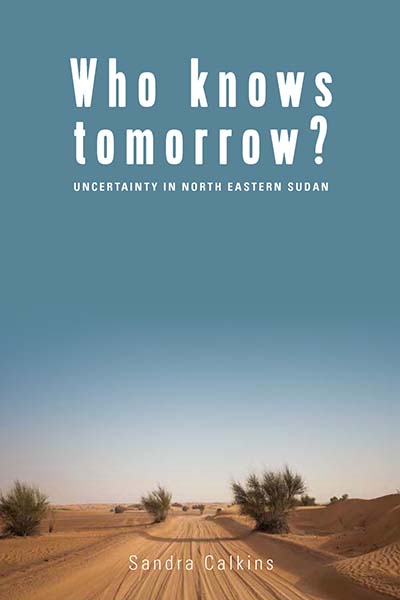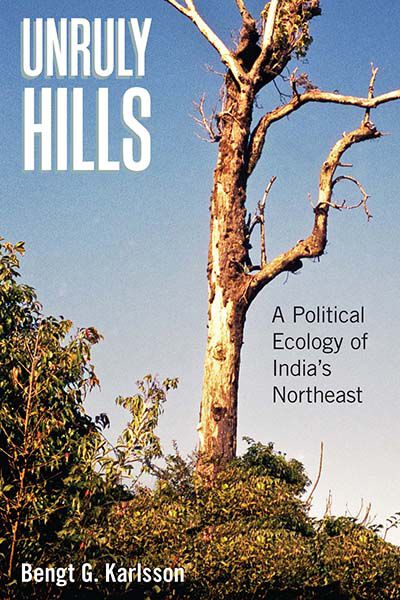
Email Newsletters
Sign up for our email newsletters to get customized updates on new Berghahn publications.
Unruly Hills
A Political Ecology of India's Northeast
Bengt G. Karlsson
330 pages, 2 maps, 19 illus., bibliog., index
ISBN 978-0-85745-104-0 $135.00/£104.00 / Hb / Published (May 2011)
eISBN 978-0-85745-105-7 eBook
Reviews
“In departing from conventional scholarship, the book makes a major contribution to the study of Northeast India but also to the study of environmental politics in frontier regions more generally. As such, Unruly Hillsmay prove to be the blueprint for similar approaches to other parts of the region, especially given the centrality of environmental questions in the Northeast. As scholarly interest in borderlands reaches its zenith, Karlsson’s work should be highly valued among scholars interested in India and beyond. This is an outstanding book for its content and the challenges it sets out to its readers.” · Journal of the Royal Anthropological Institute
“Unruly Hills is one of the most original and provocative books on environment and politics in India. Communities supposedly control most land, forests, and other natural resources in the hills of Northeast India. However capitalist transformations have rendered those hill communities quite powerless: they are hardly able to control the local resource base. Behind the legal fictions of community ownership lie the ugly reality of a ‘resource frontier’ where there is massive privatization and accumulation of land by local elites and serious environmental degradation as the result of the crude exploitation of forests, water, and mineral resources. Karlsson’s book brims with fresh insights on the crisis of legitimacy of India’s democratic institutions in this border region.” · Sanjib Baruah, Bard College, New York and Centre for Policy Research, New Delhi.
Description
The questions that inspired this study are central to contemporary research within environmental anthropology, political ecology, and environmental history: How does the introduction of a modern, capitalist, resource regime affect the livelihood of indigenous peoples? Can sustainable resource management be achieved in a situation of radical commodification> of land and other aspects of nature? Focusing on conflicts relating to forest management, mining, and land rights, the author offers an insightful account of present-day challenges for indigenous people to accommodate aspirations for ethnic sovereignty and development.
Bengt G. Karlsson is Associate Professor in Social Anthropology at Stockholm University in Sweden. He is the author of Contested Belonging: An Indigenous People’s Struggle for Forest and Identity in Sub-Himalayan Bengal (Routledge 2000) and two edited books, Indigeneity in India (Kegan Paul 2006) and Human Rights: An Anthropological Enquiry (Earthworm Books 2005).

